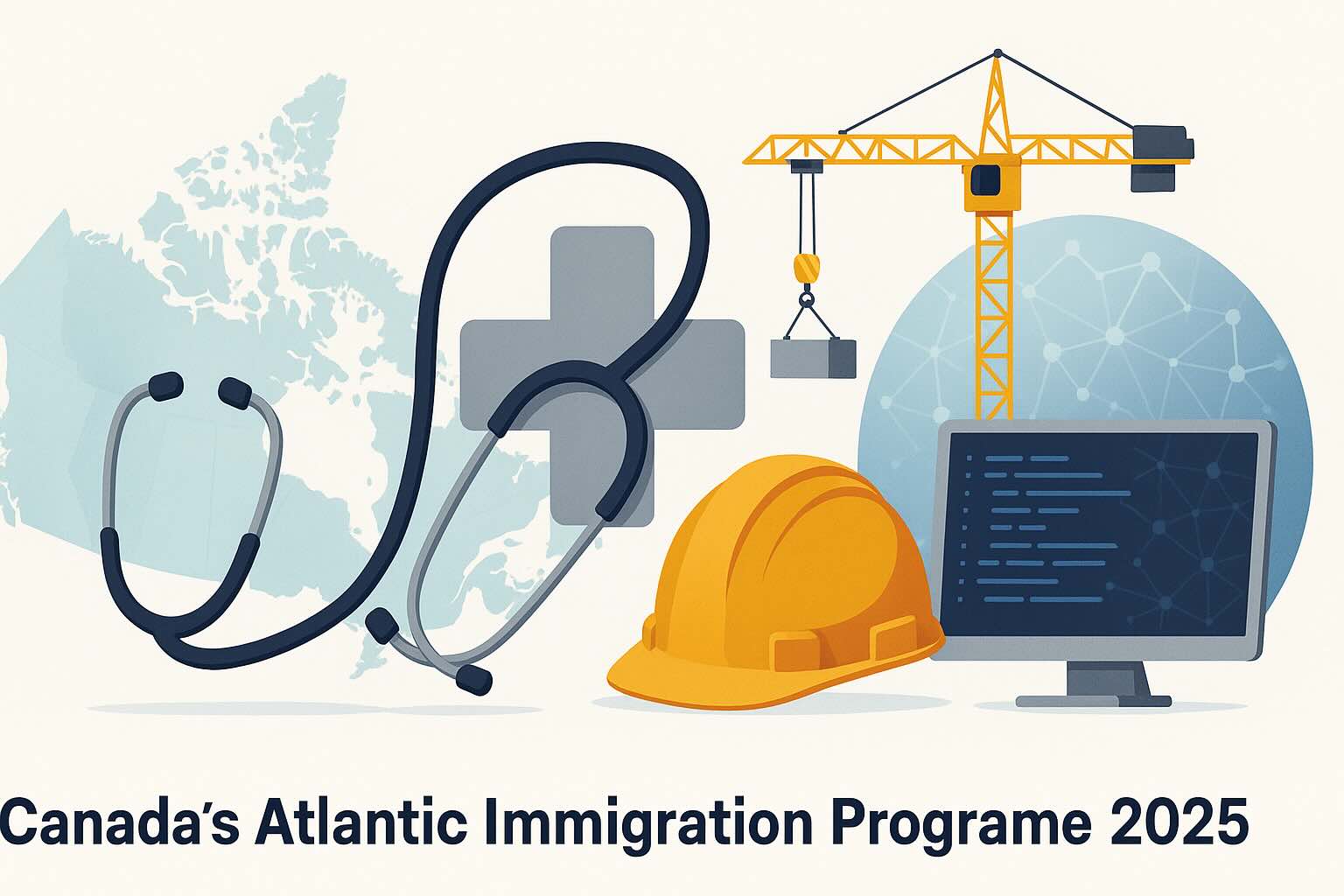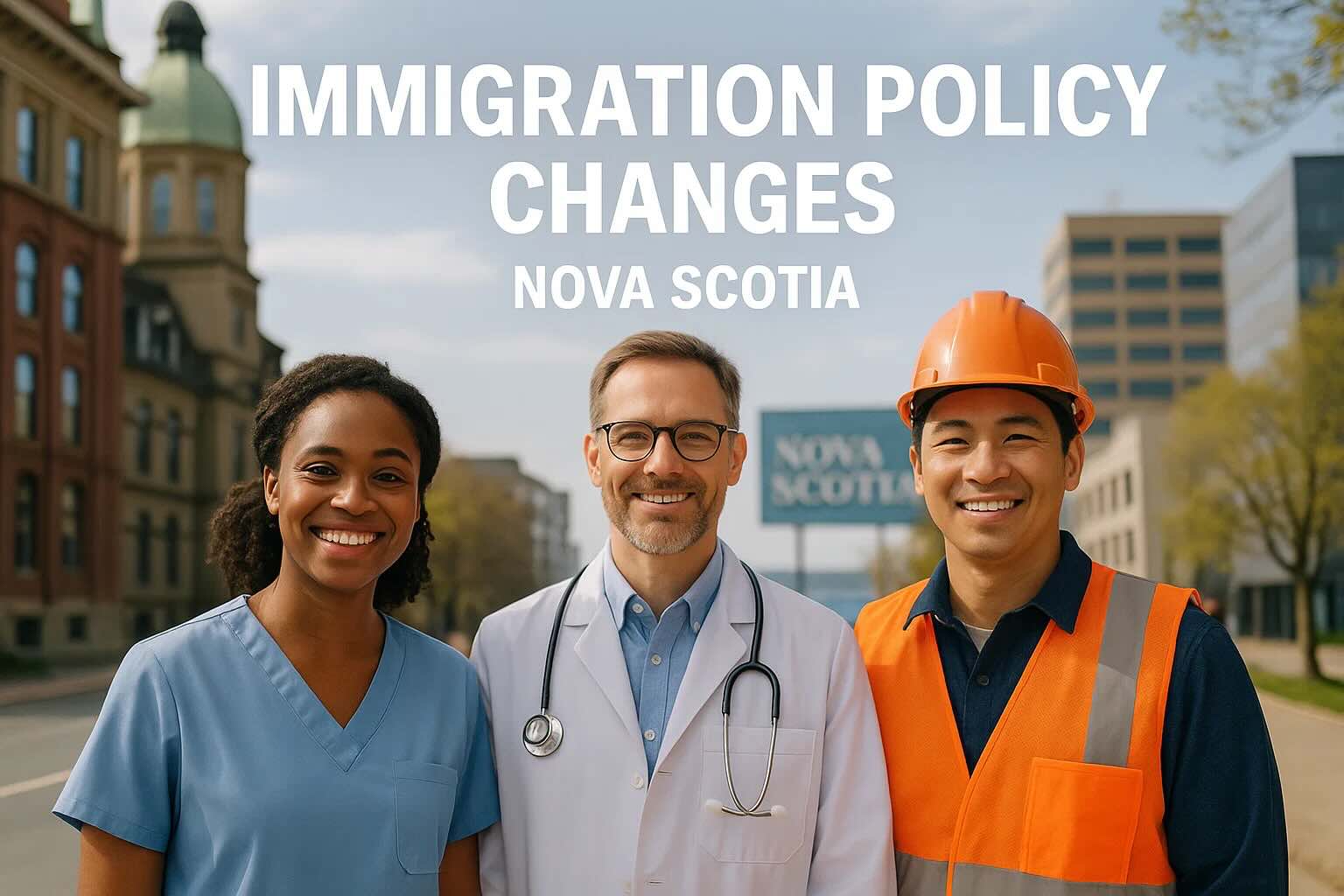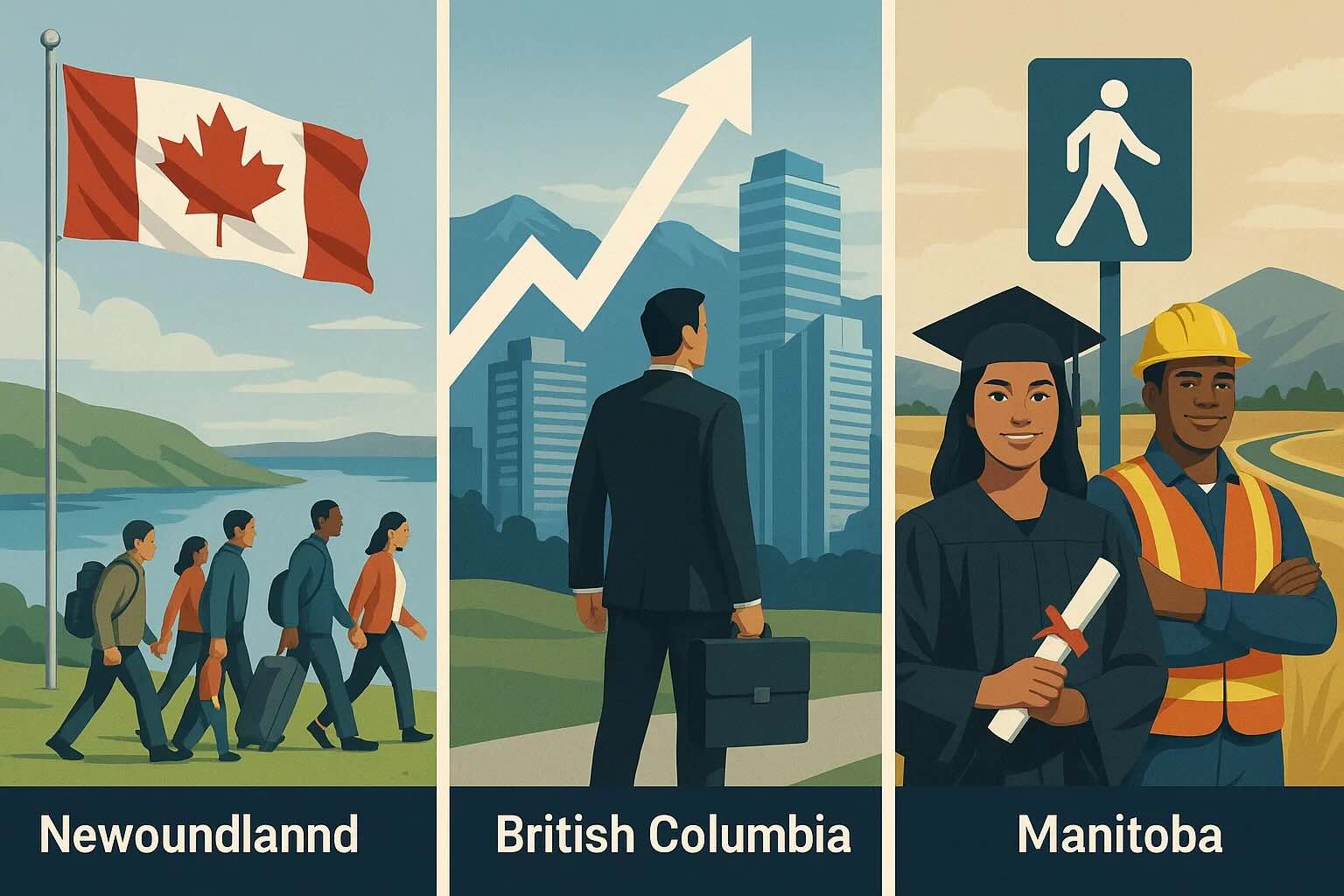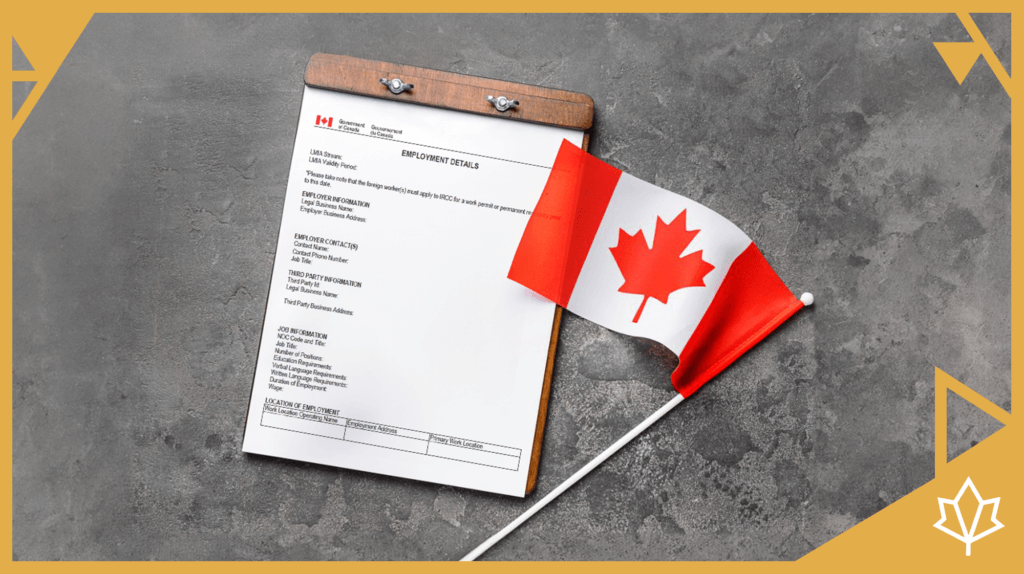
British Columbia Receives Additional 1,254 Provincial Nominee Allocations, Will Process Backlogged International Post-Graduate Applications
The Government of British Columbia announced on October 2, 2025, that the province's Provincial Nominee Program (BC PNP) has received an additional 1,254 nomination allocations from the federal government. This brings British Columbia's total allocation for 2025 from 4,000 to 5,254. The provincial government stated that it will prioritize using these additional allocations to process backlogged International Post-Graduate (IPG) stream applications from 2024, while continuing to focus on attracting healthcare professionals, entrepreneurs, and high economic impact candidates.
10/10/2025

British Columbia Provincial Nominee Program Issues 485 Invitations to Skilled Workers and Entrepreneurs
On October 2, 2025, the British Columbia Provincial Nominee Program (BC PNP) conducted another round of draws for the year, issuing a total of 485 Invitations to Apply (ITAs) for provincial nomination to candidates across two major immigration categories. The Skills Immigration category issued 474 invitations, marking the first reopening of this category since May 8, 2025. The Entrepreneur Immigration Base Stream issued 11 invitations, continuing the province's policy direction of attracting entrepreneurial talent.
10/06/2025

British Columbia Holds New Entrepreneur Immigration Draw, Score Requirements Shift
The province of British Columbia held a new Provincial Nominee Program draw on August 19, 2025, exclusively targeting candidates in the Entrepreneur Immigration (EI) category. A total of no more than 16 Invitations to Apply (ITAs) were issued through the Base and Regional Pilot streams. The results confirm a clear trend in 2025, with the BC PNP prioritizing business and investment streams, marking this the sixth entrepreneur-focused draw of the year.
08/27/2025

Canada's Atlantic Immigration Program: 2025 Updates See Provinces Prioritize Key Sectors and Occupations
In 2025, Canada's Atlantic Immigration Program (AIP) is entering a new strategic phase due to adjusted federal immigration allocations. To manage reduced quotas, the four Atlantic provinces are concentrating their resources on key sectors vital to their local economies. Healthcare, construction, and information technology have become focal points for attracting talent. This report provides an in-depth analysis of the latest priority sectors and occupations for each province, examines the alternative pathways available in New Brunswick following its AIP pause, and offers authoritative guidance for applicants planning to immigrate through this program in 2025.
08/21/2025

Nova Scotia Adjusts PNP Processing to Prioritize In-Province Applicants in Key Sectors
Nova Scotia's immigration authority issued an official notice on July 16, announcing an adjustment to its Provincial Nominee Program (NS PNP) application processing strategy. As the number of applications for 2025 has reached the annual allocation limit set by the federal government, the province has decided to shift its processing focus for the remainder of the year to applicants already working in the province whose work permits are set to expire in 2025, with a particular emphasis on professionals in the healthcare and construction sectors. This adjustment is a direct response to the federal government's reduced 2025 PNP allocation and will significantly impact various categories of applicants.
07/28/2025

Provincial Immigration Updates: Newfoundland Boosts Quota, BC Focuses on Entrepreneurs, and Manitoba Prioritizes Graduates
In its June 24 draw, Newfoundland and Labrador issued 320 invitations and successfully negotiated a 1,000-spot increase to its 2025 PNP allocation, signaling a strong commitment to attracting new immigrants. British Columbia’s July 8 draw once again targeted entrepreneurs, issuing no more than 17 invitations and underscoring its high priority for business and investment-class immigrants. Meanwhile, Manitoba extended 67 invitations on July 10, prioritizing international students who graduated from its institutions and skilled workers identified through "Strategic Recruitment Initiatives." These moves clearly reflect the unique immigration strategies each province is deploying based on its economic and labor market needs.
07/14/2025

Canada Tightens Temporary Foreign Worker Policy: 26 Major Cities Halt Processing of Low-Wage LMIA Applications
On July 11, the Canadian government updated its list of restricted regions for the Temporary Foreign Worker Program (TFWP). According to the latest directive, 26 Census Metropolitan Areas (CMAs) across the country will suspend the processing of "low-wage stream" Labour Market Impact Assessment (LMIA) applications due to unemployment rates at or exceeding the 6% threshold. This measure is a continuation of a policy announced by the federal government in early 2024, aimed at protecting job opportunities for local residents in areas with high unemployment. The expansion of this list, which includes major immigration destinations like Toronto and Vancouver, undoubtedly has profound implications for many foreign nationals and their employers seeking to obtain or extend work permits for low-wage positions.
07/12/2025

Unlocking the Career Door for International Students in Canada: Essential Guide to Applying for the Post-Graduation Work Permit (PGWP)
For many international students aspiring to work and settle in Canada, obtaining a Post-Graduation Work Permit (PGWP) is a crucial first step. Immigration, Refugees and Citizenship Canada (IRCC) clearly states that PGWP eligibility hinges on studying at a qualified Designated Learning Institution (DLI) and enrolling in a PGWP-eligible program. Notably, beginning November 1, 2024, graduates at certain study levels will face new language proficiency and field of study restrictions. This report provides a detailed interpretation of IRCC's relevant regulations, guiding international students on how to choose schools and programs correctly to ensure successful PGWP acquisition.
05/12/2025

2025 Canada International Student Transfer Policy: Comprehensive Analysis
Starting in 2025, Immigration, Refugees, and Citizenship Canada (IRCC) has introduced a series of new regulations for international student transfers, clarifying situations that require reapplication for study permits and outlining how to maintain eligibility for PGWP after transferring. Notably, IRCC has also implemented temporary transition measures for students transferring between January and May 2025, allowing them to start at their new institution before the new permit is approved. This report provides an in-depth analysis of application requirements, procedures, fees, and PGWP considerations.
01/17/2025

2024 Canadian Immigration Policy Review — Changes to LMIA-Exempt Work Permits
In 2024, the Canadian federal government introduced several adjustments to its Labour Market Impact Assessment (LMIA)-exempt work permit policies. These changes encompass Spousal Open Work Permits (SOWP), New work permit for PNP nominee candidates, Updated instructions regarding ICTs under the IMP and more, aimed at optimizing immigration structures and managing the proportion of temporary residents. Below is a professional analysis of the key policy changes and their implications.
01/13/2025